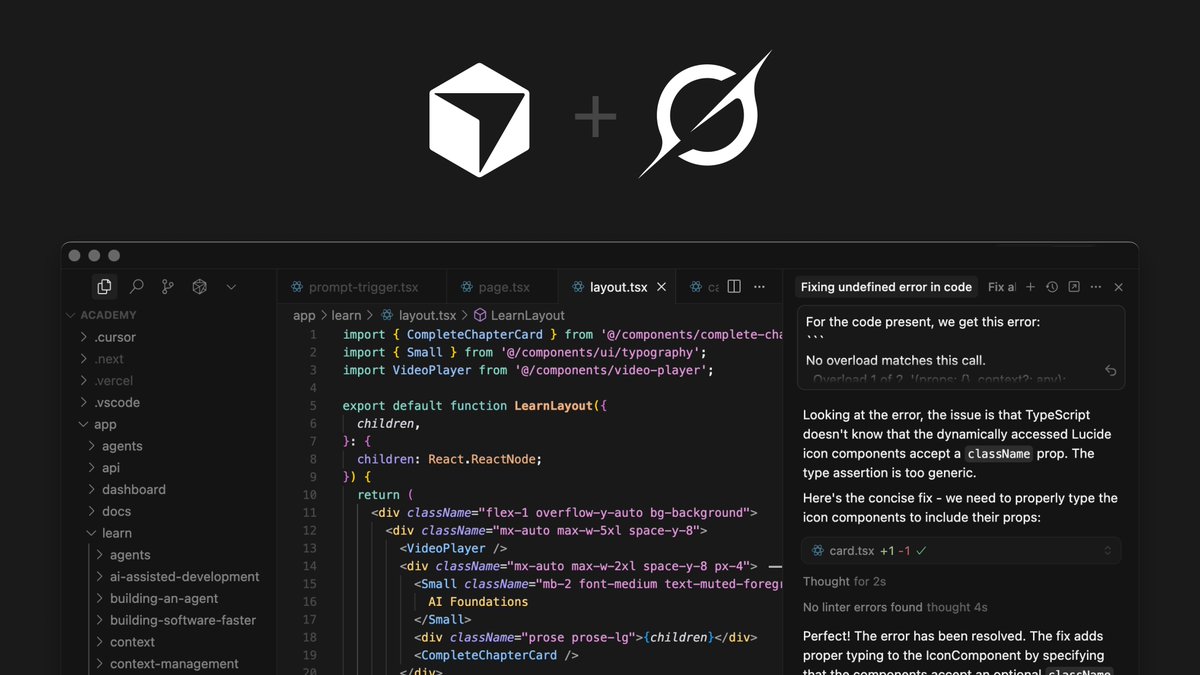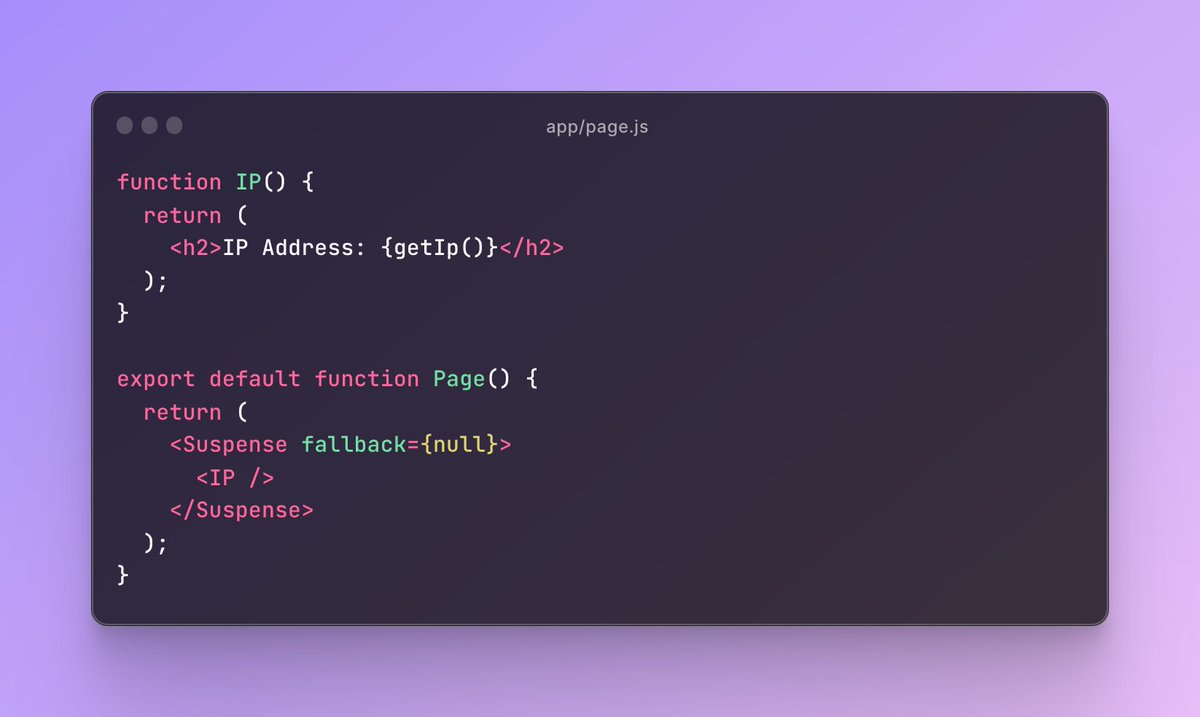Grok Code is now available in Cursor! It's free for one week.
It's fast and has competitive pricing ($0.2/1M input, $1.5/1M output)
It's fast and has competitive pricing ($0.2/1M input, $1.5/1M output)

• • •
Missing some Tweet in this thread? You can try to
force a refresh









